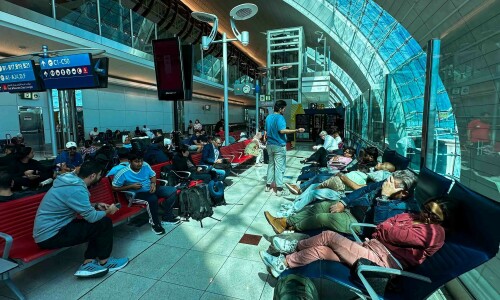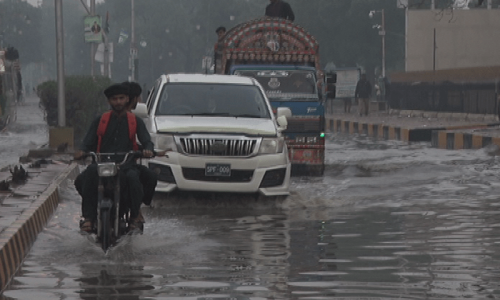However tragic the ending, the weird prisoner swap – of a failed suicide bomber, an air force pilot and a journalist – has only one purpose for Isis: recognition that the Islamic State exists and that foreign nations acknowledge its power.
You only had to listen to the reporters talking in the last few hours about “the Islamic State” – without the usual “so-called” in front of it – to realise that we are already, with scarcely a thought for the consequences, accepting the caliphate as a viable, if illegitimate, nation.
Forget the original demand for cash, because a Jordanian king and a Japanese deputy foreign minister are more valuable than $1bn. By agreeing to negotiate over hostages, they have given the Islamic State its own imprimatur.
Last autumn, the State introduced its own currency. Now the State talks to other sovereign nations, albeit through intermediaries. Soon, no doubt, we can expect Isis to have that other necessary accoutrement of modern statehood: an airline.
Then it only has to wait for the West to identify the “moderates” in the Islamic State – and I suppose we’ll all be able to go and chat to Caliph Baghdadi himself.
Of course, there’s a Jordanian side to all this. King Abdullah’s Sunni subjects have never been very enthusiastic about signing up to the West’s war on the Sunni Islamic State, and many Jordanians – especially the Palestinian majority – see no reason why Jordan’s military should be trying to destroy Isis’s occupation of parts of Syria and Iraq when another foreign occupation exists rather closer to Amman. When Muath al Kasaesbeh’s father appealed to the Islamic State to free his son – another gift of recognition to Isis – the King was in no position to turn him down.
Besides, almost every Western nation has made contact, however tenuously, with the Islamic State. The British, according to Arab officials, have in the past sent messages to the lads in Raqqa through an Iraqi intermediary. The French, too.
Saying that you “don’t do business with terrorists” or that you “don’t reward terrorists” is nonsense. Israel has uttered these words a thousand times yet it has released thousands of prisoners in return for captured or dead Israeli soldiers.
SOVEREIGN TERRITORY: But sovereign territory means a lot in politics; that’s why the “Islamic State” wants to get freed a suicide bomber who was not only a member of its (supposed) enemy, Al Qaeda, and not only a failure – her husband blew himself up and killed 60 innocents when she did not do so – but a woman as well! Are we to believe, on top of this, that an institution that has slaughtered thousands of prisoners – Iraqi soldiers, Syrian soldiers, Shias and Christians and Yazidis and enslaved women – really cares about a single human life?
But sovereign territory has a meaning for Hezbollah as well.
Despite the dozens of reports on the rockets that killed two Israeli soldiers on “the Israeli border” on Wednesday, this is untrue. The soldiers were attacked inside the border of Israeli-occupied Syrian Golan – or, if you believe the old French mandate maps, inside Lebanese territory which has been occupied since 1973.
Israel’s annexation of the Golan under Israeli law means nothing, since the world does not accept such annexation. So when Hezbollah announced that the death of the two Israeli soldiers was retaliation for the Israelis’ drone attack on Hezbollah and Iranian forces in Syria 11 days ago, they chose to take their revenge against Israeli military personnel who were not inside Israel itself.
A small point, but both Hezbollah and the Israelis understand this. Borders matter – which is why one of the first acts of the “Islamic State” was to bulldoze the sand berms along the old Sykes-Picot frontier that separates Syria and Iraq.
Lt Kasaesbeh, the failed bomber Sajida al Rishawi and journalist Kenji Goto – whether they realise it or not – are part of this frontier redrawing.
By arrangement with The Independent
Published in Dawn, January 30th, 2015
On a mobile phone? Get the Dawn Mobile App: Apple Store | Google Play














































